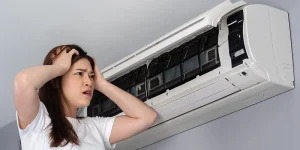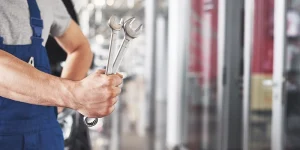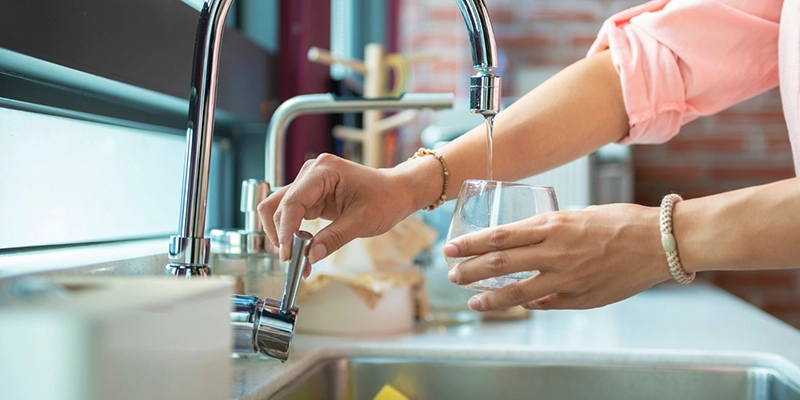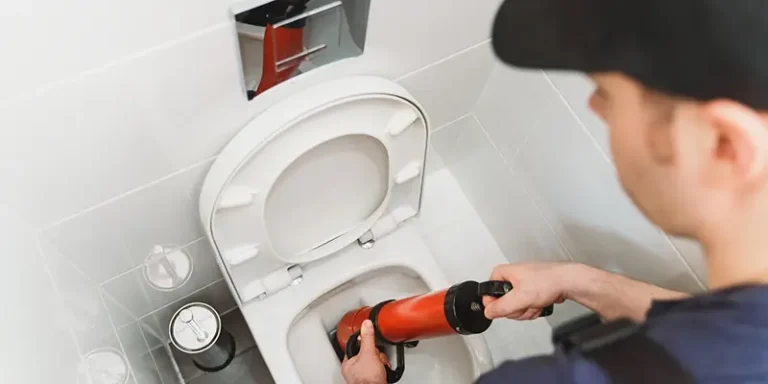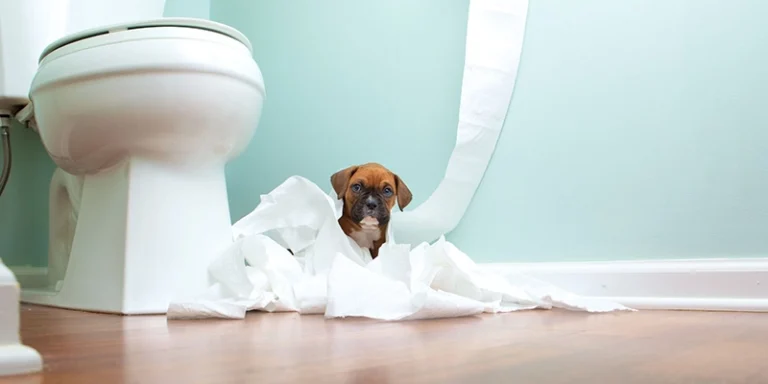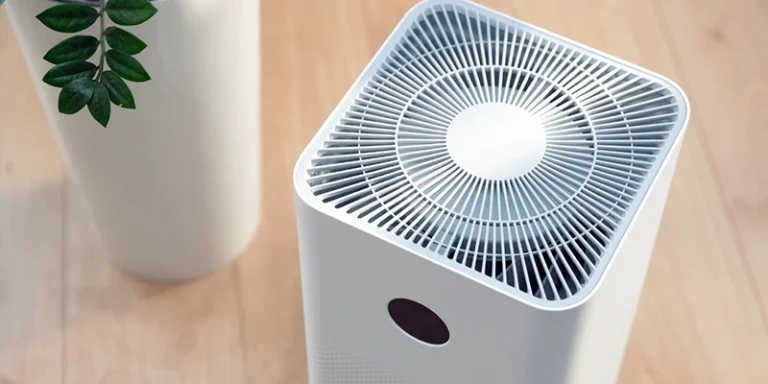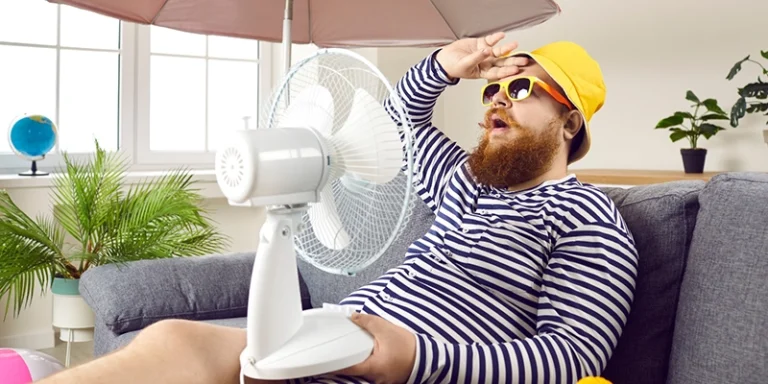Water hardness is a common problem in many parts of the US, including Las Vegas. Las Vegas’ water hardness level is around 17 grains per gallon, which is considered “very hard” as the city is dependent on the mineral-dense Colorado River for its water supply.
Fortunately, your plumber should be able to advise on methods and water filtration technology you can use to reduce the hardness of your water supply at home.
Causes of Water Hardness in Las Vegas
Las Vegas, located in the Southern Nevada region, is home to over 2 million people and is a major tourist destination. The city relies on the Colorado River for its water supply, which comes from Lake Mead, a large reservoir formed by the Hoover Dam.
As the snow melts in the Rocky Mountains and runs into the river and lake, minerals like magnesium and calcium are dissolved from the rocks along the path. These dissolved minerals become concentrated in the lake, resulting in hard water.
Effects of Hard Water in Las Vegas
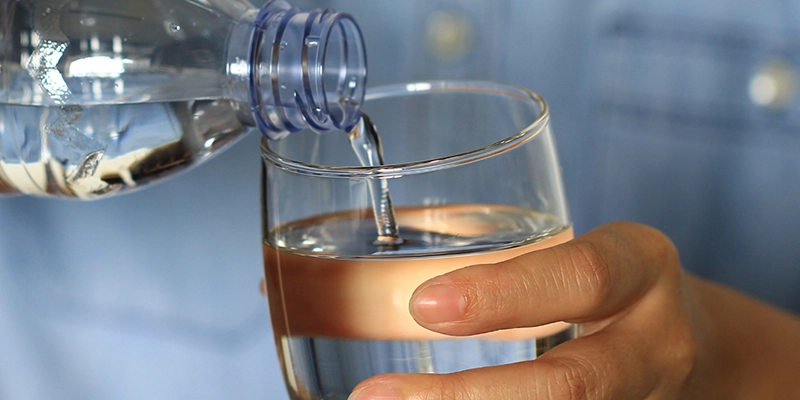
Anything over 181 parts per million is considered “very hard water.” Las Vegas water is around 290 PPM, which means you will probably feel the effects of the water in a number of ways at home:
- Chalky build-up: You may notice that the water is causing a chalky build-up on the sinks, tubs, and showers in your home. The mineral buildup will also occur in your pipes, water heater, and other fixtures, which can damage your appliances and reduce your water flow.
- Soap scum and stains: Hard water makes it harder for soap to lather up, leaving a soapy film on your skin and clothes and staining your laundry.
- Skin irritation: Hard water can cause skin irritation, particularly for those with sensitive skin.
- Reduced lifespan of appliances: Hard water can reduce the lifespan of appliances such as water heaters, washing machines, and dishwashers, leading to costly repairs or replacements.
- Bad taste: Hard water has a high level of magnesium and calcium due to the water’s interaction with limestone and other minerals, resulting in a bitter, slightly salty taste.
Solutions for Hard Water in Las Vegas
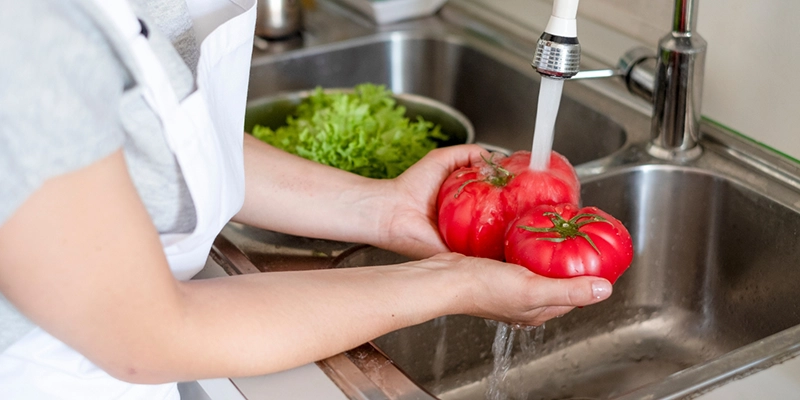
If you’ve encountered issues with hard water at your home, there are a few things you can do at home to soften your water supply and reduce the unpleasant side effects of hard water.
You can add Epsom salts, lime, and salt or cleaning supplies designed for hard water to dissolve buildup on surfaces. Wiping surfaces dry after use, like counters and sinks, will prevent the buildup and soap scum that can accumulate.
Adding Epsom salts to bathwater will also help soften hard water, making it more pleasant for skin and hair. You can also use laundry detergents specifically designed for hard water that can help prevent stained laundry.
Unfortunately, these are just temporary solutions. To ensure that your drinking water is safer and more pleasant to use, you need to invest in a water softener or a water filtration system that can soften water as well as filter it.
Water softeners remove the minerals that cause hardness through ion exchange and replace calcium and magnesium ions with sodium or potassium ions, resulting in soft water.
Installing a water softening system can help reduce hard water problems throughout the home, including washing machines and dishwashers.
Water filtration systems can remove minerals from water using various filtration methods, including reverse osmosis, distillation, and carbon filters.
Bear in mind that not all filtration systems are automatic water softeners and may not reduce water hardness in the home, although it can go a long way towards ensuring that your water sources are free from hard water and bacterial contaminants.
A professional water quality report can help identify the mineral content of the water, which can help determine the best solution for hard water problems.
Using Water Filtration Systems or Water Softeners
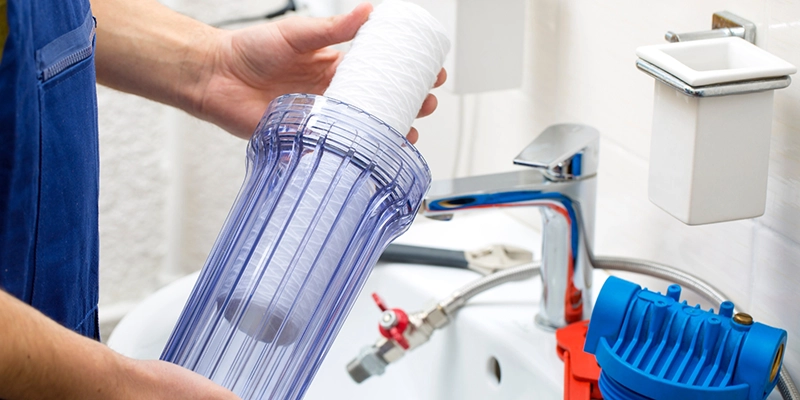
Water filtration systems can be effective in reducing water hardness by removing the dissolved minerals that cause it. There are several types of water filtration systems that can be used to treat hard water, including reverse osmosis, water softeners, and ion exchange systems.
Reverse osmosis (RO) systems use a semipermeable membrane to remove dissolved minerals, including calcium and magnesium, which are responsible for water hardness.
The membrane allows water molecules to pass through while trapping minerals and other contaminants. RO systems can also remove other impurities such as chlorine, fluoride, and bacteria, making them a good choice for improving overall water quality.
Water softeners work by exchanging hard minerals with soft minerals. A water softener typically consists of a resin tank that contains negatively charged resin beads, which attract positively charged calcium and magnesium ions.
The hardness minerals are replaced with sodium or potassium ions, which do not cause water hardness. Water softeners require periodic maintenance, including the addition of salt to the resin tank and the regeneration of the resin bed with a brine solution.
Ion exchange systems work in a similar way to water softeners but use a different type of resin that is designed to specifically remove calcium and magnesium ions.
The resin bed is periodically regenerated with a brine solution, which flushes the captured ions out of the resin and replaces them with sodium or potassium ions.
While water filtration systems can be effective in treating hard water, it’s important to note that they are not always necessary or appropriate for every situation.
Additionally, certain types of water filtration systems, such as RO systems, can be relatively expensive and may require professional installation and maintenance.
Overall, the best water filtration system for reducing hardness will depend on individual preferences and the specific characteristics of the water supply.
It’s always a good idea to consult with a water treatment specialist or a qualified plumber to determine the best course of action for your particular situation.
Conclusion
Las Vegas is known for having the hardest water in the United States, which can lead to unpleasant mineral buildup that can damage your skin, clothing, and appliances over time. Speak to your plumber about installing a water softener or filtration system for the home that can reduce problems associated with water hardness.

